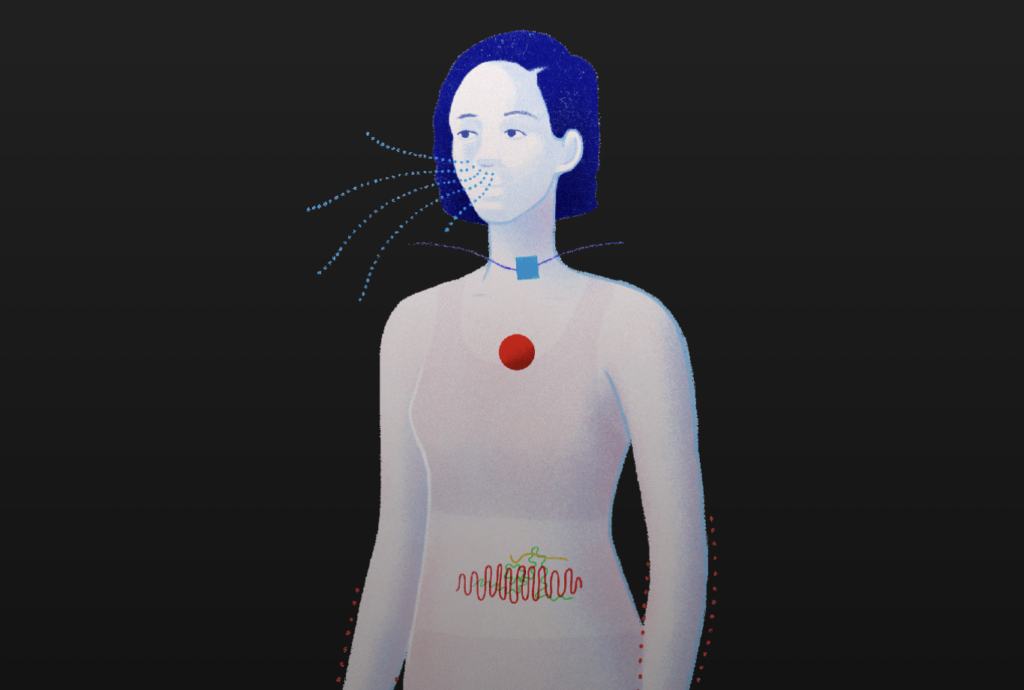News
UC Irvine Summer Brain Camp – Registration Now Open!
Browse the 2022 December UCI Brain Circuit E-newsletter
I’m a Dementia Doctor and These are the 5 Most Common Symptoms People Miss
Eat This, Not That! Health spoke with Hayley B Kristinsson, PsyD, Neuropsychologist, UCI Health who explains what to know about dementia, five signs people often miss and how to help lower…
Read MoreUCI researchers discover crucial role of brain’s striatum cilia in time perception
Irvine, Calif., Nov. 30, 2022 — Researchers at the University of California, Irvine have discovered that removal of cilia from the brain’s striatum region impaired time perception and judgment, revealing…
Read MoreUntreated Sleep Apnea May Increase Dementia Risk
“There is a lot of evidence that links sleep apnea to Alzheimer’s disease risk,” added Bryce Mander, Ph.D, assistant professor, Psychiatry & Human Behavior, School of Medicine at the University of…
Read MoreUCI’s Oswald Steward to serve as president of Society for Neuroscience
Irvine, Calif., Nov. 15, 2022 — The University of California, Irvine today announced that Oswald Steward, director of the campus’s Reeve-Irvine Research Center, will assume the role of president of…
Read MoreThe Anatomy of a Panic Attack
Many researchers believe that panic attacks might occur when the brain isn’t properly able to send messages between the prefrontal cortex, which is associated with logic and reasoning, and the amygdala,…
Read MoreExploring The Consequences Of Early Life Adversity On The Brain
Childhood adversity, such as abuse, neglect, poverty, lack of housing, or parental loss, can have a lifetime impact on the brain and behavior. Evidence suggests that early life adversity plays…
Read More3 Unique Ways We Can Remember The Past
We don’t usually think of atypical memory as a disorder or condition, explains [Professor] Michael Yassa, director of the Center for the Neurobiology of Learning and Memory at the University…
Read MoreHow to Improve Your Memory (and Stop Losing Your Keys)
While memory issues typically start becoming more common in your 60s or 70s, changes can start as early as your 30s and 40s, says Elizabeth Chrastil, PhD, assistant professor of…
Read More









